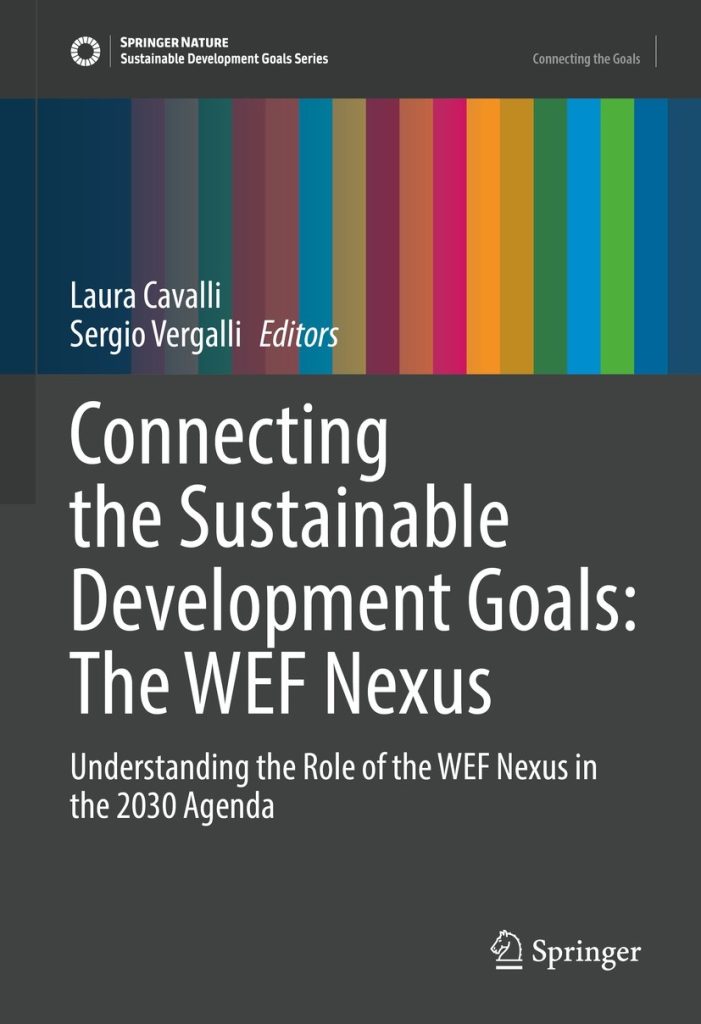Multi-scale Challenges in the Food–Energy–Water Nexus

21.06.2022
Benjamin F. Zaitchik (Department of Earth and Planetary Sciences, Johns Hopkins University); Davide Bazzana (Department of Economics and Management, Università degli Studi di Brescia and Fondazione Eni Enrico Mattei); Million Gebreyes (Institute of Geography, University of Bonn); Belay Simane (College of Development Studies, Addis Ababa University); Sauleh Siddiqui (Department of Environmental Science, American University); Gianni Gilioli (Department of Civil Engineering, Architecture, Territory, Environment and Mathematics, University of Brescia); Detlef Mueller-Mahn (Institute of Geography, University of Bonn)
This chapter addresses a critique of food–energy–water (FEW) nexus studies: that they often focus on large-scale dynamics that play out between powerful institutions at the scale of the nation, river basin, or beyond, thus marginalizing local concerns and reinforcing power imbalances in resource claims and management. Using a series of studies in Ethiopia as a platform, we draw out the importance of engaging local resource challenges and development objectives when analyzing FEW policy options and implications and propose tools to capture those perspectives in models that integrate across scales. Specifically, we consider cross-scale objectives and outcomes associated with the hydropower and irrigation dams, tree plantations used for charcoal production and timber, and food markets that connect supply and demand across disparate regions. These multi-scale nexus dynamics are directly relevant to tensions between multiple sustainable development goals (SDG), as the centralization versus decentralization of resource control has implications for the efficiency and the equity with which SDG milestones might be achieved. Successful pursuit of a set of SDGs thus requires that these cross-scale tensions be recognized and, where possible, quantified, so that they can be addressed with consistent and complementary development policies.
